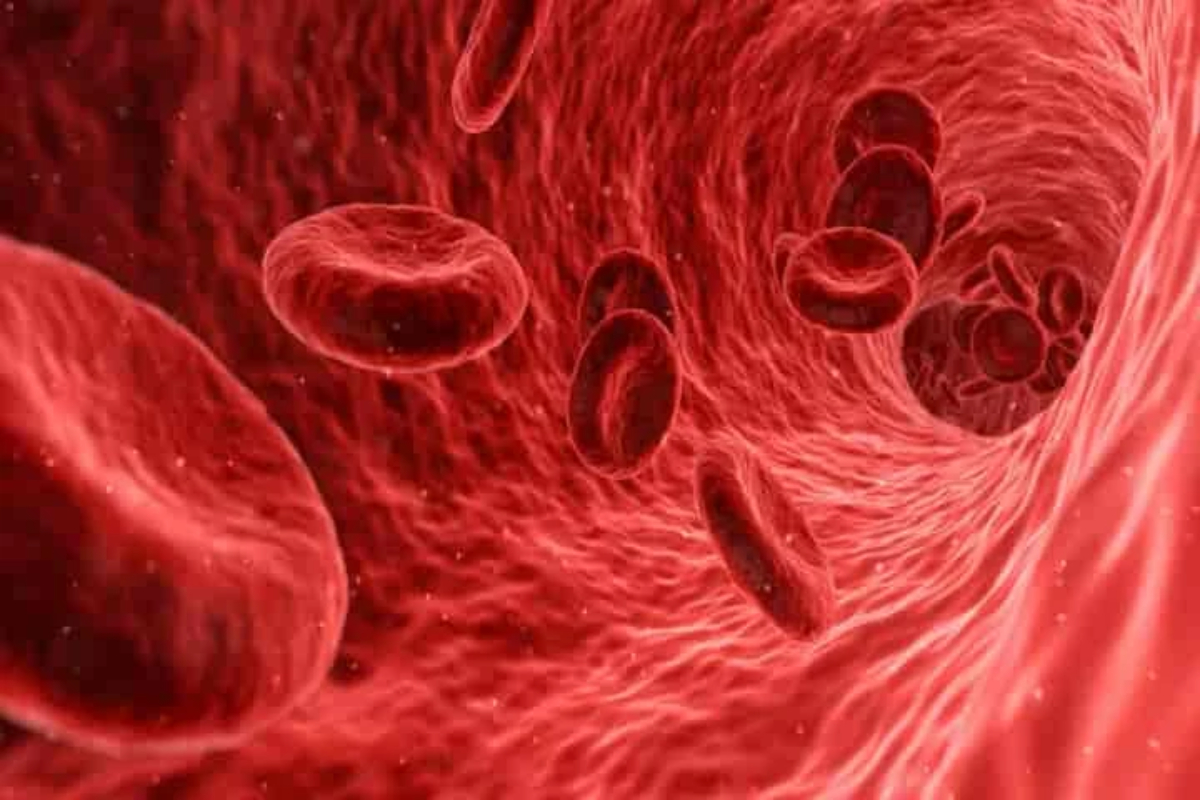Doctors discuss bone marrow therapy at meet
Eastern Haematology Group (EHG) organised the second edition of the ‘Eastern India Blood, Marrow & Cellular Therapy Meet 2024’ (EIBMCT Meet 2024) in Kolkata
Blood thinners reduce the risk of heart attack and stroke by reducing the formation of blood clots within the arteries and veins.

Blood clotting is a normal and necessary function of the human body. However, sometimes, it can malfunction, which leads to serious medical conditions. If you have some kind of heart or blood vessel disease or if you have poor blood flow to your brain, the doctor may recommend that you take a blood thinner.
Blood thinners reduce the risk of heart attack and stroke by reducing the formation of blood clots within the arteries and veins. The formation of blood clots is a very dangerous situation, because they hinder the flow of blood to critical body organs like the heart, and the brain. Blood thinners help to retain the blood cells known as platelets from clotting. But using blood thinners can be risky in itself, as it can lead to excessive bleeding or blood loss, in the case of a serious injury.
Advertisement
So, rather than taking artificial blood thinners, it is recommended to induce a natural blood thinning process in the body.
Advertisement
According to Ex District Ayurvedic Officer (DAO), Government Himachal Pradesh, Dr Hem Raj Gautam, Ayurveda suggests some blood thinning foods that can help thinning the blood naturally without any chemicals or taking medicines.
There are four types of natural blood thinning foods, that (are) :-
These are some natural alternatives that can substitute the artificial blood thinners:
Turmeric
Turmeric is an age-old remedy which is known for its several health benefits. It contains a yellow colour active substance known as curcumin, that has anti-inflammatory properties and it works as a natural blood thinner or anticoagulant. Studies in ayurveda suggest taking some quantity of turmeric daily can help maintain the anticoagulant status of the blood.
Ginger
Ginger is another anti-inflammatory and natural blood thinner. It lowers cholesterol levels and it contains a natural acid called salicylate. It works like Aspirin (which is a synthetic derivative of salicylate). Not only in ayurveda, ginger is proven to be a natural blood thinner in modern science, as well.
Garlic
Garlic is well-known for its medicinal properties and health benefits.It contains a biologically active compound, Allicin. It is used to treat a variety of conditions including heart disease, common cold infections and certain types of cancers. Several studies in the ayurveda suggest that intake of garlic can significantly lower blood cholesterol and triglyceride levels, and reduce the risk of plaque formations and heart disease. It also prevents the formation of blood clots. Garlic is a strong antioxidant that protects the blood vessels and heart from the harmful effects of free oxygen radicals.
Ghee
Cows ghee which is rich in omega-3 fatty acids is a natural anticoagulant or blood thinner. It is also anti-inflammatory, that is why it improves cardiovascular health. However it is very important to consume cow ghee in limited quantities.
Black pepper
Black pepper contains high levels of Salicylates, that help in natural blood thinning. It also works like aspirin. Consuming black pepper in limited quantities or using it as a spice in food can help lower blood pressure and increase circulation.
Cinnamon
Cinnamon contains a compound known as coumarin. It is a powerful blood thinning agent. A modern science drug, Warfarin, is also derived from coumarin. Consuming large doses of cinnamon for a long-term however, can damage the liver. It is thus advised to take only a small amount of cinnamon in your diet.
Adding these ingredients in your diet will help to make your blood thinner. However, it is important to perform physical activities. Go for long walks and perform yoga regularly to have better health. While pranayama and meditation are highly recommended for mental health.
Advertisement